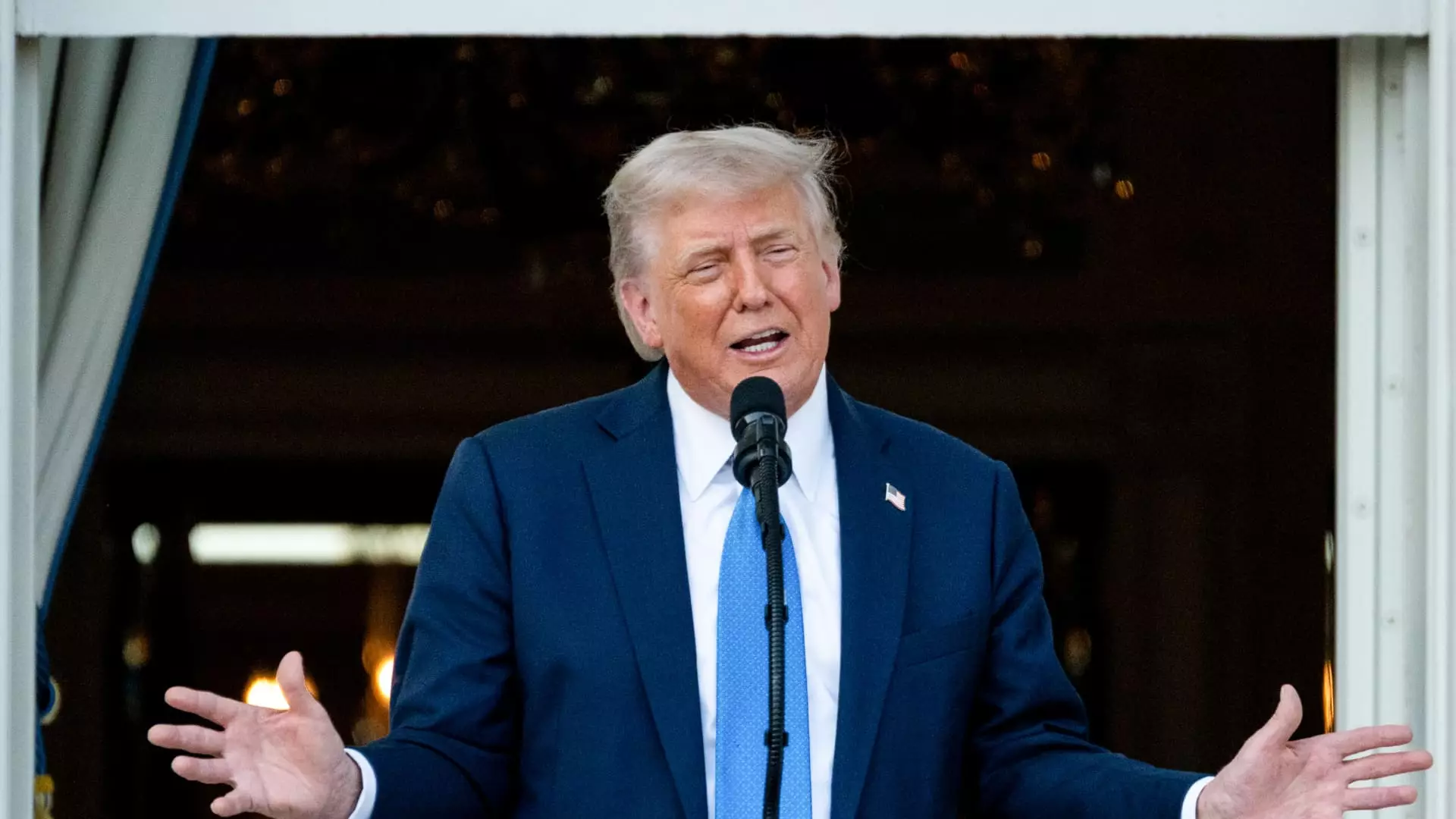In a move that has reignited debates about immigration and national security, the Trump administration enacted a proclamation halting travel to the United States for citizens from 12 countries deemed insufficiently vetted for safety and terrorism threats. This proclamation, grounded in a national security narrative, encompasses countries like Afghanistan, Iran, and Somalia, which have previously been a focal point in discussions about global terrorism. The administration’s choices reveal a pattern emerging from a complicated history of travel bans, illustrating the intersection of security measures and geopolitical relationships.
The proclamation makes specific assertions about the lack of robust vetting and screening processes in these countries. However, it raises questions regarding the criteria used to evaluate these nations. Are assessments genuinely based on security intelligence, or do they reflect broader foreign policy agendas? Critics contend that such bans often disproportionately target Muslim-majority countries and contribute to a narrative of exclusion rather than safety. This claim is underscored by the proclamation’s earlier iterations, which faced public backlash and legal scrutiny for appearing heavily tinted with bigotry.
Broader Implications and Political Ramifications
This travel ban also affects additional countries—Burundi, Cuba, Laos, and others—illustrating the administration’s expansive view of security threats. By partially restricting entry based on a combination of visa overstay rates, terrorist presence, and information-sharing policies, the administration seems to assert its goal of instituting rigorous background checks. Yet, the ban raises concerns over ethical implications; do these measures unjustly target innocent civilians based merely on the geopolitics of their home nations?
Democratic lawmakers have vocally opposed the ban, fervently asserting that it does not enhance safety but rather fuels division. The words from legislators like Sen. Adam Schiff and Sen. Ed Markey encapsulate a growing sentiment among human rights advocates—one that insists that America’s immigration policies should not compromise its foundational values of diversity and inclusion. The ban’s critics argue that the Trump administration risks institutionalizing prejudice into U.S. immigration legislation, creating a societal narrative that fears the “other” rather than embracing multiculturalism.
A Historical Timeline of Travel Bans
The travel ban issued is reminiscent of the notorious restrictions introduced in early 2017, shortly after Trump took office. That version, which complicated travel from seven predominantly Muslim countries, faced significant opposition yet was upheld by the Supreme Court in 2018. Despite its eventual repeal by the Biden administration in 2021, the lingering repercussions of such policies continue to affect migrant perceptions and the overall morale of those seeking refuge in the United States.
In juxtaposing the current ban with its predecessors, it becomes evident that the specter of terrorism has consistently been used to justify travel restrictions. Yet this reliance raises important questions: Does safeguarding against potential threats warrant the sacrifice of humane treatment for those from specific countries? As these bans materialize, the administration must carefully navigate the fine line between ensuring national security and preserving the ethical integrity of American values.
In light of ongoing public discourse, it is crucial to scrutinize whether these measures genuinely correlate with enhanced safety or merely perpetuate a cycle of fear and division.


Leave a Reply